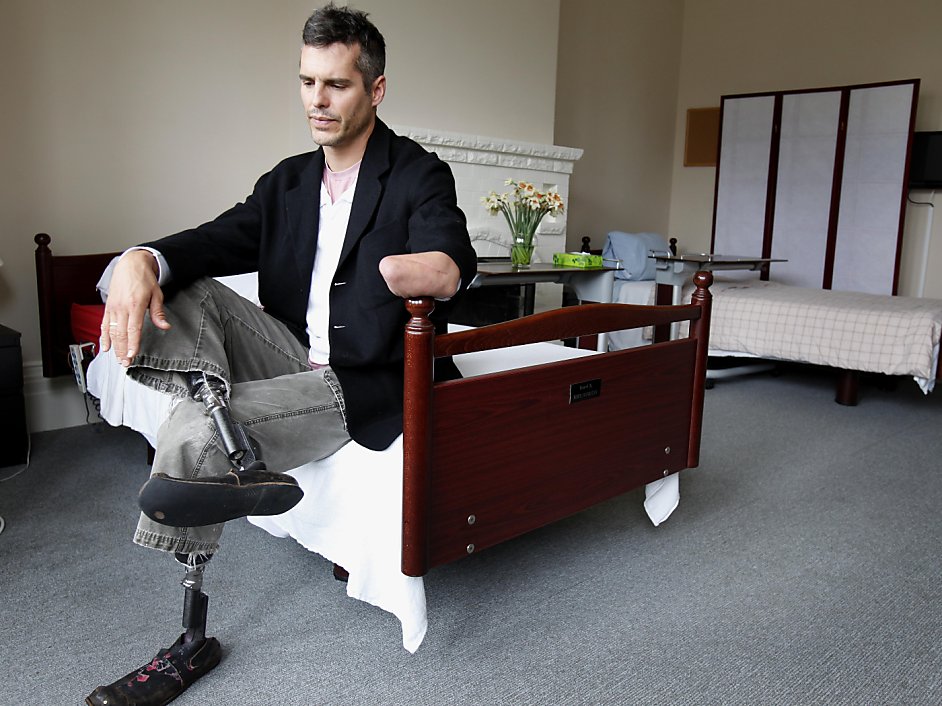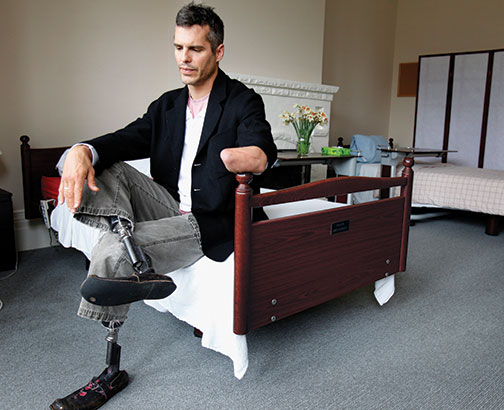ijustmadethis
New Member
- Joined
- Aug 28, 2021
- Messages
- 8
- Reaction score
- 9
Hello SDN,
It's my first-ever post here, and I guess that means I've really been thinking seriously about my career path forward. I'm excited to gather input from everyone on this.
I just turned 30 and have a master's degree in public health/nutrition. I'm a registered dietitian by training but with a research focus (the only clinical hours I had are ~1,000 from the hospital rotations back in 2019): I've worked in a research setting where I code, perform statistical analyses, publish manuscripts, present at conferences, etc. I like research and can see myself continue making a living this way, but I know that I want to go to school again for an MD or PhD to further my career, too (for one, research opportunities with autonomy are pretty limited for RDs). I've interacted with countless folks with either/both of the MD and PhD degrees in the academic (non-clinical) research settings, and found it intriguing that a number of pure-MDs I've worked with saw patients and did research/teach, too (FYI, it's no bench work but serving as PIs of cohort studies and RCTs). And as someone particularly interested in nutrition/dietetics and early intervention with pregnancy/birth/longitudinal outcomes, I've been thinking a lot about becoming a pediatrician with both clinical and research roles down the road (is that what people call an "academic physician"?). As an aside, part of what pulls me towards MD and not PhD is the rewarding experiences I had while interacting with patients during my clinical training.
What makes me hesitate, though, is that I have hemiparesis from a stroke I suffered when I was a teenager (hence the interest in early intervention and nutrition--because that's what I primarily rely on for my well-being). I have no issues with the daily activities whatsoever (e.g. I cook, hike, and type right-handed 75 wpm), but my left hand is functionally useless (I wear an ankle brace on my left for foot drop, which lets me walk without any problem).
So it comes down to this: I can't help but wonder if I can be an effective, reliable physician with my physical limitation. FYI, this is much less of a concern for RDs whose bedside work is mostly limited to palpation.
I've spoken to a number of physician-friends and associates about this, and everyone, despite the acknowledgment of my concern, said that I can "do it." But maybe they just said that because they don't want to be a Debbie Downer, so I wanted to ask you--the impartial judges who know me based only on the short text above--for your opinion/advice about whether I can be the kind of a pediatrician you'd entrust me with your child. Please consider any assessments/procedures I'd need to perform as one; at this time, I'm thinking of becoming a gen-ped or ped GI (no interest in surgery). No need to worry about any other life variables including age, income, prerequisites, MCAT, and family. I'm just interested to gauge my ability to work on the floor based on your experiences.
Also, I'm posting on the non-trad thread because that's who I'd be as an applicant, but I'm worried that I'd miss the input from the actual MDs/DOs in the forum. So, admins, please feel free to move my post if deemed necessary.
Looking forward to reading your thoughts. No feelings will be hurt. Thank you!
It's my first-ever post here, and I guess that means I've really been thinking seriously about my career path forward. I'm excited to gather input from everyone on this.
I just turned 30 and have a master's degree in public health/nutrition. I'm a registered dietitian by training but with a research focus (the only clinical hours I had are ~1,000 from the hospital rotations back in 2019): I've worked in a research setting where I code, perform statistical analyses, publish manuscripts, present at conferences, etc. I like research and can see myself continue making a living this way, but I know that I want to go to school again for an MD or PhD to further my career, too (for one, research opportunities with autonomy are pretty limited for RDs). I've interacted with countless folks with either/both of the MD and PhD degrees in the academic (non-clinical) research settings, and found it intriguing that a number of pure-MDs I've worked with saw patients and did research/teach, too (FYI, it's no bench work but serving as PIs of cohort studies and RCTs). And as someone particularly interested in nutrition/dietetics and early intervention with pregnancy/birth/longitudinal outcomes, I've been thinking a lot about becoming a pediatrician with both clinical and research roles down the road (is that what people call an "academic physician"?). As an aside, part of what pulls me towards MD and not PhD is the rewarding experiences I had while interacting with patients during my clinical training.
What makes me hesitate, though, is that I have hemiparesis from a stroke I suffered when I was a teenager (hence the interest in early intervention and nutrition--because that's what I primarily rely on for my well-being). I have no issues with the daily activities whatsoever (e.g. I cook, hike, and type right-handed 75 wpm), but my left hand is functionally useless (I wear an ankle brace on my left for foot drop, which lets me walk without any problem).
So it comes down to this: I can't help but wonder if I can be an effective, reliable physician with my physical limitation. FYI, this is much less of a concern for RDs whose bedside work is mostly limited to palpation.
I've spoken to a number of physician-friends and associates about this, and everyone, despite the acknowledgment of my concern, said that I can "do it." But maybe they just said that because they don't want to be a Debbie Downer, so I wanted to ask you--the impartial judges who know me based only on the short text above--for your opinion/advice about whether I can be the kind of a pediatrician you'd entrust me with your child. Please consider any assessments/procedures I'd need to perform as one; at this time, I'm thinking of becoming a gen-ped or ped GI (no interest in surgery). No need to worry about any other life variables including age, income, prerequisites, MCAT, and family. I'm just interested to gauge my ability to work on the floor based on your experiences.
Also, I'm posting on the non-trad thread because that's who I'd be as an applicant, but I'm worried that I'd miss the input from the actual MDs/DOs in the forum. So, admins, please feel free to move my post if deemed necessary.
Looking forward to reading your thoughts. No feelings will be hurt. Thank you!


